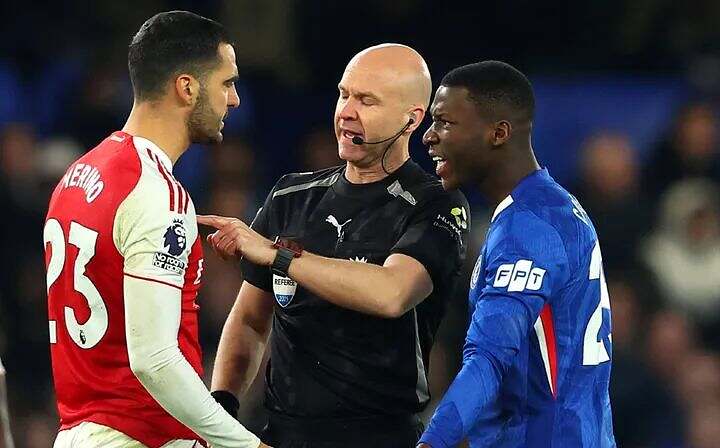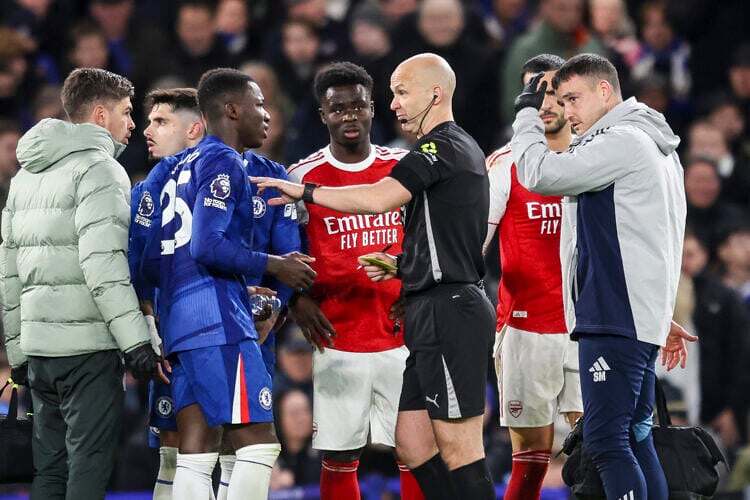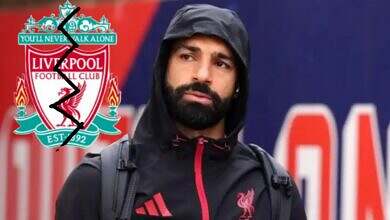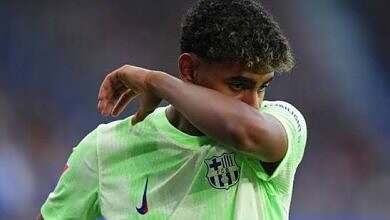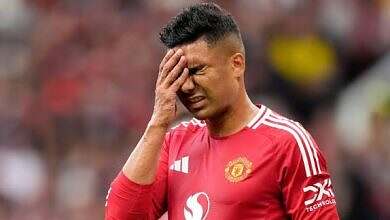Chelsea Defensive Problem vs Bayern: What Went Wrong Behind Their Backline?

Chelsea’s Champions League return didn’t as planned, ending in a 3-1 defeat to Bayern Munich. It wasn’t just the scoreline that hurt, but the way it happened.
A few mistakes at the back were all it took to turn a tight game into a long night for Chelsea.”
Small mistakes, poor coverage, and moments of panic cost Chelsea a game they could have made competitive.
The focus keyword here is clear, Chelsea defensive problem vs Bayern because that is what the match showed more than anything else.
The night that said everything: setting the scene
Bayern opened the night with pressure and quick transitions. Chelsea’s return to Europe’s big stage felt bright for a short spell, but it didn’t last.
Trending
An unfortunate own goal from Trevoh Chalobah in the 20th minute put Chelsea behind. A few minutes later a penalty was given after Moisés Caicedo was involved in a challenge and Harry Kane scored from the spot.
Cole Palmer pulled one back within two minutes to make it 2-1 and give hope, but in the second half Kane finished clinically again after a mistake from Malo Gusto and that sealed the game 3-1.
The facts are straightforward; the timing of the errors is what made them costly.
Cole Palmer later said Chelsea “deserved more” from the game, a line that sums up the feeling in the dressing room, they created some moments but left the door open for Bayern to punish them.
Blunders and missteps: the errors that cost Chelsea
If you observe well while watching the game, you will noticed there were three moments that decided the game.
• Chalobah’s own goal. It wasn’t simply bad luck. The ball bounced in a dangerous area and Chalobah’s attempt to clear under pressure led to the ball ricocheting in.
That moment showed that Chelsea’s defensive communication and body positioning were off when under pressure.
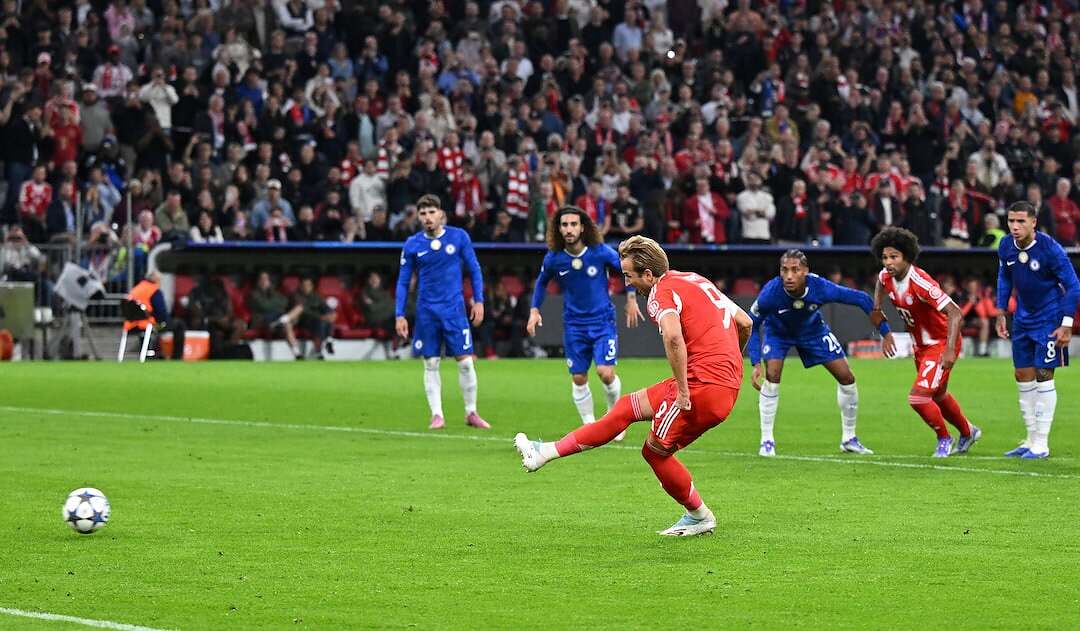
• The penalty. Chelsea got on the wrong side of a loose challenge. Caicedo’s timing was poor and it gave Bayern the chance from 12 yards. In a tight match those moments matter more than they should.
• Gusto’s turnover for Kane’s second. In the second half, a risky pass in a danger area handed Kane a chance.
Experienced strikers do not need much room; Kane made them pay. Turnovers near your penalty area are always lethal and Chelsea had a couple.
These are the obvious errors. They are not mysteries. Teams make mistakes, but big teams minimize them. Chelsea’s mistakes were simple and came at the wrong times.
Wide and weak: how the flanks were exposed
Bayern attacked the wings and stretched Chelsea. Malo Gusto and Marc Cucurella had to balance pushing forward and defending the wide spaces.
When they left gaps or tried to play out from deep, Bayern’s wingers and full-backs exploited the space.
The two things that stood out are:
• Lack of cover from midfield when the full-backs pushed on. That left the back line isolated.
• Overlapping and quick switches from Bayern pulled Chelsea out of shape and created pockets for players like Kane and their wide attackers.
When a team like Bayern moves the ball quickly and Chelsea are slightly off their marks, the result is space in dangerous areas. The flanks were not secured, and that showed in the two conceding sequences.
Central vulnerability: the gap between centre-backs and midfield shield
Trevoh Chalobah and Tosin Adarabioyo (or whoever partnered in the middle depending on the exact selection) were under constant pressure.
The centre-backs had to deal not only with Kane’s movement but also with Bayern’s runners from deep.
When midfielders are not compact and the covering midfielders are slow to react, it leaves an inviting channel between defence and midfield.
The penalty incident is a good example. The midfield failed to block passing lanes and support the centre-backs in those first 30 minutes.
The result was a number of 2v1 or 1v1 moments where Chelsea were vulnerable. Teams that succeed at this level usually have a predictable shield in front of their centre-backs. Chelsea did not show that consistently.
Goalkeeper and defensive support: was Robert Sánchez overworked or undermined?
Robert Sánchez made a few good saves and prevented the scoreline from being worse. But a goalkeeper can only do so much.
When the defence gives up chances from basic errors, the keeper is left in impossible situations.
Tactical choices that backfired
Enzo Maresca’s team selection and setup showed ambition. He wanted the team to be assertive and play positively.
On nights like these, that plan can work if the players execute it. Against a side as experienced as Bayern, the margin for error is small.
Where the plan went wrong tactically:
• Risky build-up play in dangerous areas led to the turnover that produced Kane’s second.
• Midfield balance did not protect the back line well enough in the opening exchanges.
• Rotation and partnerships at the back lacked the coherence needed for high pressure games.
The plan to be positive is fine. But the balance between positive play and protection was off on the night.
Against Bayern, tactical neatness alone doesn’t help if the players are not absolutely sound in the moments that matter.
Youth and inexperience under big-game pressure
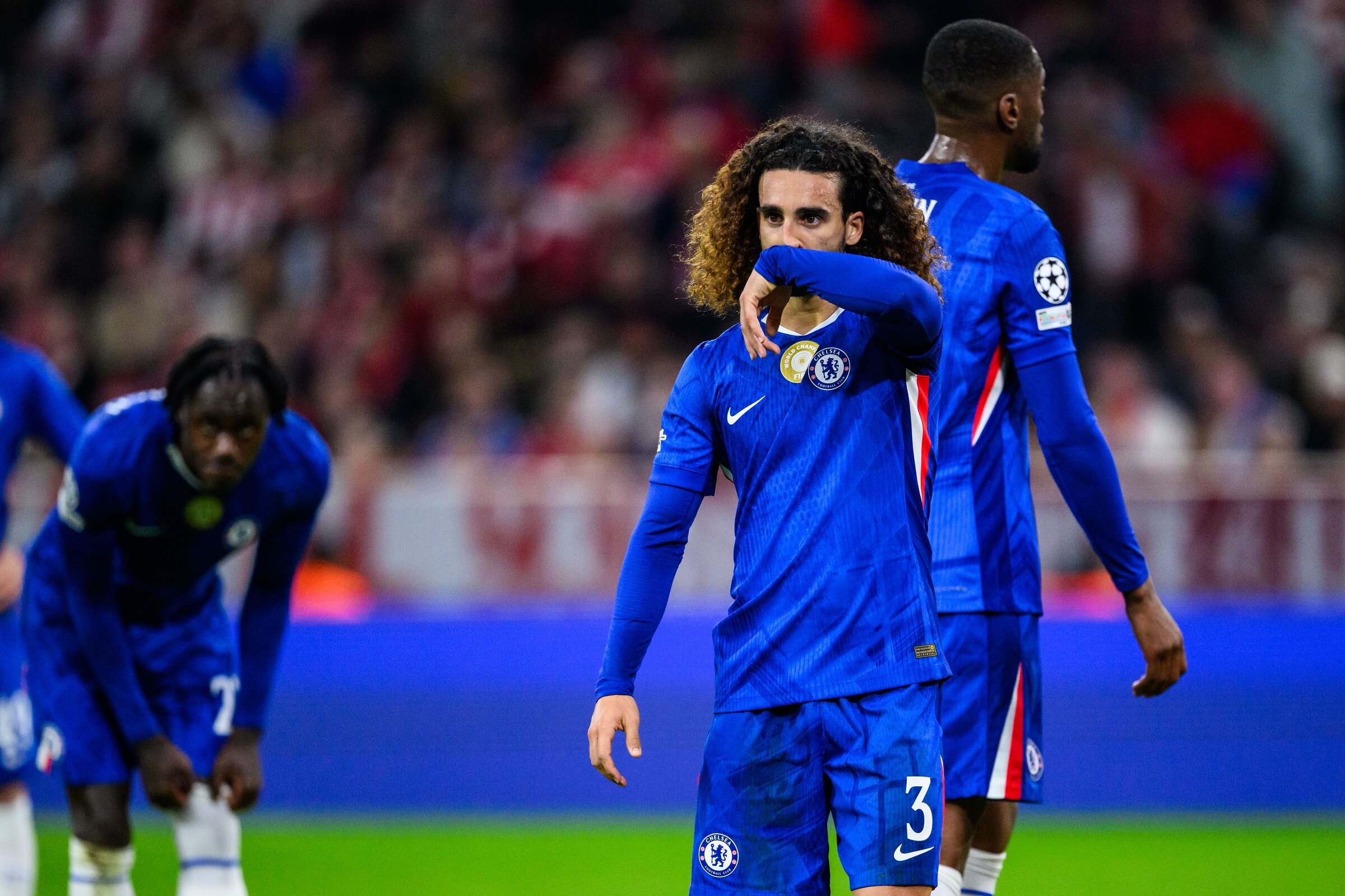
There’s a lot of youth in the Chelsea defence and that showed. Young players will make mistakes; the difference is how they respond and how the team covers for them.
Take Chalobah, for example. He’s still figuring out how to deal with those awkward deflections and the speed of top forwards at this level.
And Gusto, for all his energy going forward, can make choices that leave the backline wide open.
Both players have talent, but their inexperience showed in moments where calmness was needed most.
Contrast that with Bayern, where players showed calm in key moments. That composure meant they punished Chelsea’s errors ruthlessly.
This is not about blaming youth, it’s about recognizing that experience helps in tight European nights.
Composure vs chaos: mental and physical fatigue showing through
Chelsea looked like a team that sometimes switched off for a few seconds and paid the price.
These switches typically happen when the game’s rhythm is intense and the opponents are hunting routes to goal.
When a team is tired or tense, the small things slip: tracking runners, clearances, or simple passes.
The signs were there in the way Chelsea started. Concentration slipped early on, leading first to the own goal and then the penalty that followed.
Once they conceded, the focus seemed to dip again, and you could see it in how the team reacted. Instead of calming things down after conceding, Chelsea let Bayern take charge of the tempo.
At this level it isn’t just about skill on the ball, it’s about keeping your head. Too often Chelsea looked rattled when the big moments came.
What needs to change to stop repeating this pattern
This is the part fans want to hear: solutions. They don’t need long fancy fixes, just clear, sensible steps.
Stabilize pairings. Let the same centre-backs play together more so they build trust and understanding.
Midfield cover. Ensure a reliable shield sits in front of the centre-backs in big games. That might mean a more defensive minded starter or clearer defensive roles.
Simplify play from deep. Avoid risky passes in dangerous areas. When under pressure, play simple and keep the team compact.
Defensive drills under stress. Recreate pressure situations in training so young defenders learn to make the right choice when pressed.
Game management coaching. Teach how to close out phases of the match without gambling on high-risk forward play.
None of this is revolutionary. It’s basic football management and coaching. It’s one thing to talk about these fixes in training, but getting them to stick when the game is tough on a Champions League night is the real test.”
Will this be a wake-up call or part of a pattern?
Chelsea have more games coming fast, both in the Champions League and the Premier League. The next matches will tell whether this was a lesson learned or the start of a worrying pattern.
A few realities:
Group stage football rewards steadiness. Clean sheets and small margins matter. A single defensive slip can cost three points.
Psychology matters. If the team can bounce back quickly and show better control, this result becomes a useful wake-up call. If similar errors follow, it becomes a pattern.
Maresca’s decisions will be under the microscope. The manager’s next choices in selection and tactics will define the immediate future.
Chelsea can fix this, but they must show immediate, practical change.
The key points Chelsea must fix
Chelsea lost because they made avoidable mistakes at bad times. Bayern were efficient and clinical.
The backline errors were clear to anyone who watched Chalobah’s own goal, the penalty incident, and the turnover that led to Kane’s second were the three moments that decided the match.
If Chelsea want to stop this from repeating they need more consistency in defence, more protection from midfield, and less risky behaviour when they are playing out from the back.
Cole Palmer’s line that Chelsea “deserved more” is a fair emotional reading of the game.
The team created chances and showed quality at times. But football at this level punishes you for basic mistakes. Fix the basics and the rest will follow.
This was the night Chelsea’s defensive problems were laid bare against Bayern.
The mistakes were straightforward and fixable, but they must be fixed before Chelsea find themselves punished again.
If the Blues act quickly and sensibly, this can be a lesson that helps them grow. If they don’t, the same pattern will keep costing points in both Europe and at home.
What changes do you think are most critical for Chelsea before their next match? or Can Maresca fix these issues?

